World economy “stuck in a low gear”
Key data released last week show that hopes of a recovery in the euro zone economy for the second half of this year, after stagnation for 2023 and the first six months of this year, have taken a significant hit.
The purchasing managers’ index (PMI) compiled by S&P Global fell to a five-month low of 50.1, barely above the level of 50 which is the boundary between expansion and contraction. This was mainly as a result in weaker growth in services and falls in manufacturing in Germany, the region’s largest economy.
The PMI for services fell from 52.8 to 51.9 while that for manufacturing went from 45.8 to 45.6.
In its report on the PMI results, the Financial Times (FT) noted that the results for Germany were “noticeably weaker than forecast.”
“The German PMI reading fell from 50.6 to a four-month low of 48.7, signalling a contraction of the country’s business activity. German factory output fell at the fastest rate for nine months.”
Vincent Stamer, an economist at the German Commerzbank, told the FT the “weak figures put a question mark over a noticeable economic recovery expected by many forecasters for the second half of the year.”
Others have used stronger language. Pointing to a sharp fall in German manufacturing Norman Liebke, an economist at Hamburg Commercial Bank, told the Wall Street Journal: “This looks like a serious problem.” He noted a “steep and dramatic” drop in manufacturing output.
Echoing these comments, the chief economist at the Hamburg bank, Cyrus de la Rubia, told the FT: “It’s unsettling how steadily companies are slashing jobs month by month.”
Franziska Palmas, an economist at Capital Economics said the euro zone could slide back into contraction after some limited growth in the first part of the year.
“Germany’s underperformance since the energy crisis is persisting,” she told the Journal.
In her remarks on the decision of the European Central Bank earlier this month to hold interest rates steady, president Christine Lagarde said the “risks to economic growth are tilted to the downside,” noting that manufacturing had “declined in the past few months” and investment remained “weak.”
The European experience is the expression of what is a growing trend in the major economies. Last week Deloitte Access Economics warned that if the Reserve Bank of Australia lifted interest rates in response to higher inflation it could tip the economy into recession and that without the effect of tax cuts, which came into effect on July 1, the economy would be on its way there.
Surveying the global economic outlook at a meeting of G20 finance ministers and central bankers held in Rio de Janeiro last week, International Monetary Fund (IMF) chief Kristalina Georgieva said the global economy was “stuck in a low gear” and the meeting faced a “sobering outlook.”
Global growth is predicted to reach 3.2 percent this year and 3.3 percent in 2025, “well below the 3.8 percent average from the turn of the century until the pandemic. Meanwhile, our medium-term growth projections continue to languish at their lowest in decades.”
The effects will hit the working class and the poorest sections of society the hardest.
“New IMF analysis,” she said, “suggests that periods of stagnation lasting four years or more tend to push up inequality within countries by almost 20 percent—considerably higher than the increase due to outright recession.”
Many economies, she noted, were facing “severe fiscal pressures” and in developing countries “debt-servicing costs are taking up a bigger share of tax revenue.”
Apart from the marked slowdown in the so-called advanced economies, another major area of concern is China. Since the financial crisis of 2008, China has been the mainstay of global growth. But its rate of economic expansion has now slowed markedly.
The official target rate is around 5 percent—the lowest in more than three decades—and there is considerable doubt as to whether even this much lower rate will be achieved. Even if it is reached the IMF has forecast that Chinese growth will continue to slow over the medium term.
The US economy, the world’s largest, appears to be the exception to the rule having recorded an annualised growth rate of 2.8 percent in the second quarter. This was well above expectations of a 2 percent rise and a significant jump from the rate of 1.4 percent for the first three months of the year.
However, there are warnings that this increase, which has been largely based on consumer spending, will not be sustained. Last week the University of Michigan’s index of consumer sentiment fell to its lowest level since November.
“High prices continue to drag down attitudes, particularly for those with lower incomes,” the director of the survey said.
Companies ranging from appliance makers to airline companies have reported a fall in demand.
The latest results from the so-called beige book of the US Federal Reserve have suggested that the US economy is slowing. In June, five out of the 12 Fed districts reported flat or declining activity in June as compared to three in May.
There is also evidence of a slackening labour market with the unemployment rate for June rising to 4.1 percent, up from 4 percent the previous month, and now at its highest level since November 2021.
Notwithstanding the higher growth numbers, there are warnings about the longer-term direction of the US economy.
Commenting on the latest GDP numbers to the FT, Citigroup economist Veronica Clark, said the Fed would be “encouraged” by them. But she added: “If you look at other monthly data, the trend is still that consumption is slowing and there are concerning signs in the labor market data.”
The signs of a slowing economy are building pressures on the Fed to start cutting interest rates. While this is not expected to be announced at the Fed’s meeting this week, the remarks of chair Jerome Powell will be examined for indications that a rate cut has been put on the agenda for its September meeting.
The chief US economist at TS Lombard, Steven Blitz, has warned that if the Fed does not soon lower interest rates “we will get a recession later this year.”
The World Socialist Web Site is the voice of the working class and the leadership of the international socialist movement. We rely entirely on the support of our readers. Please donate today!
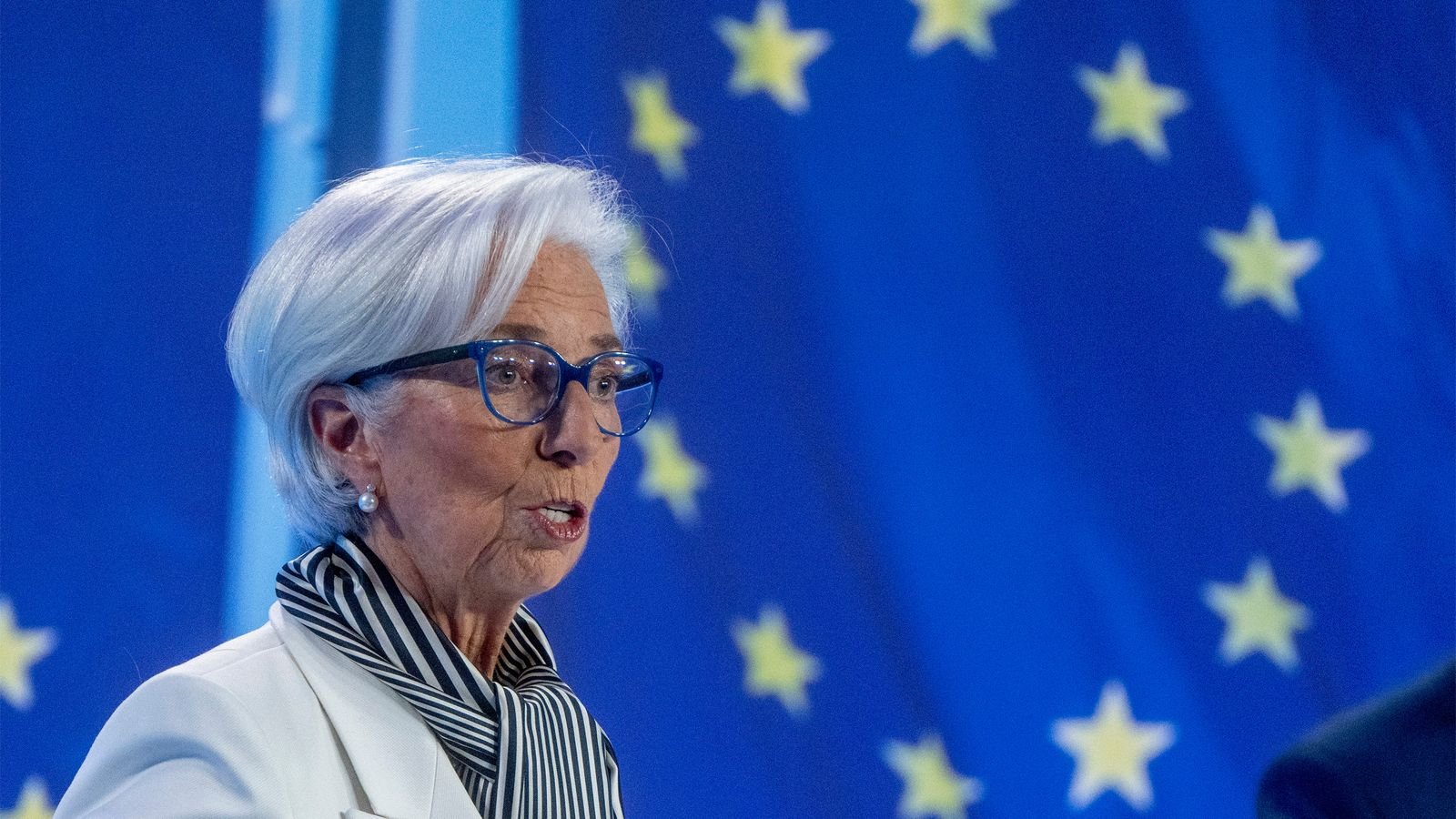

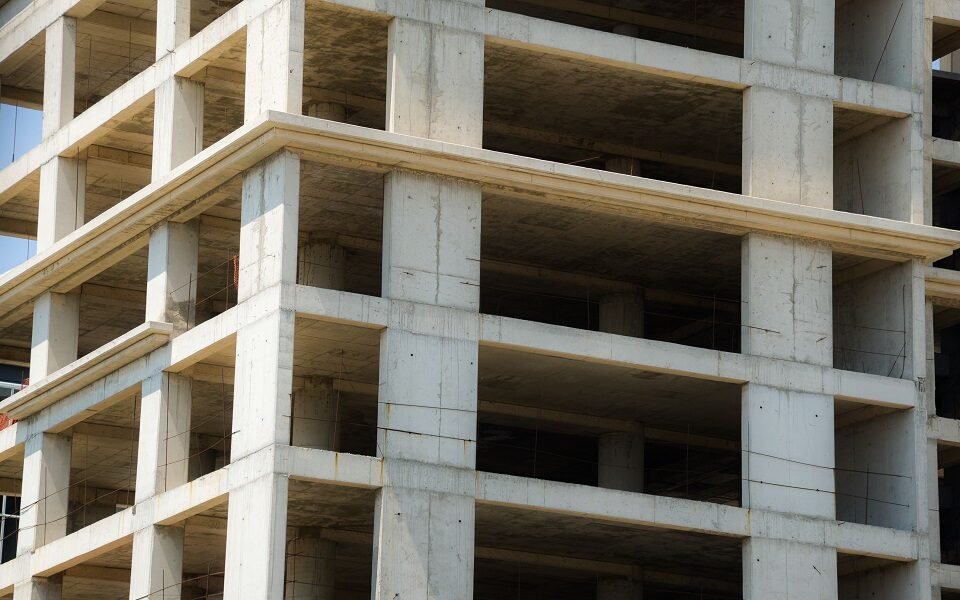

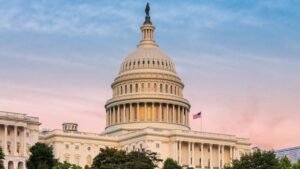



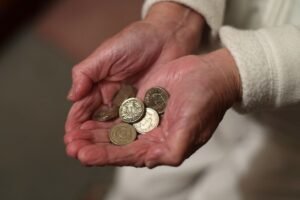

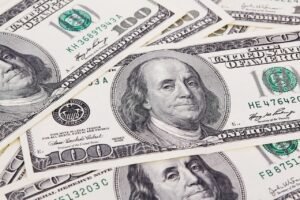


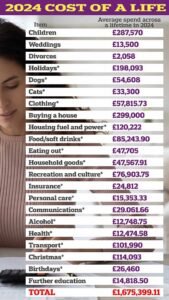
Post Comment